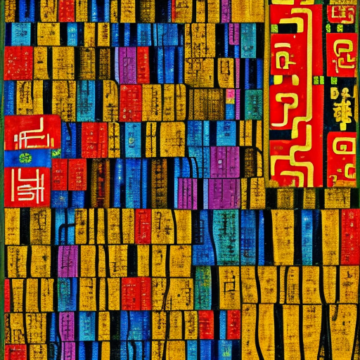 Herman Mark Schwartz in The Syllabus:
Herman Mark Schwartz in The Syllabus:
We noticed you aren’t using the term neoliberalism much in your recent work. While we’re not partisan regarding whether neoliberalism is dead or alive, what do you think about the utility of framing debates in global political economy in those terms? Have there been structural changes in the last five to ten years that merit retiring that term in your field?
The short version is that I think that neoliberalism is one of those empty labels like financialization and globalization, which conceal much more than they reveal. Financialization, yeah, it’s about money, but what specifically? Globalization, it’s about the integration of what had been somewhat insulated parts of the global economy, but so what? And neoliberalism, similarly, only tells us that we’re no longer living in what Bob Jessop and others have called the Keynesian welfare state model. As President Nixon once said, “Even though we’re all Keynesians, we’re not in Kansas anymore.”
More than a five- or ten-year perspective, you really need to go back 30, 40, 50 years to understand what’s going on. Much as we – and here I use “we” very expansively – were living in welfare states that were constructed in the ’30s, ’40s, but especially the ’50s and ’60s, today we are living in an economy and a set of social structures that were already emerging at the end of the ’70s, ’80s, and ’90s.
More here.
